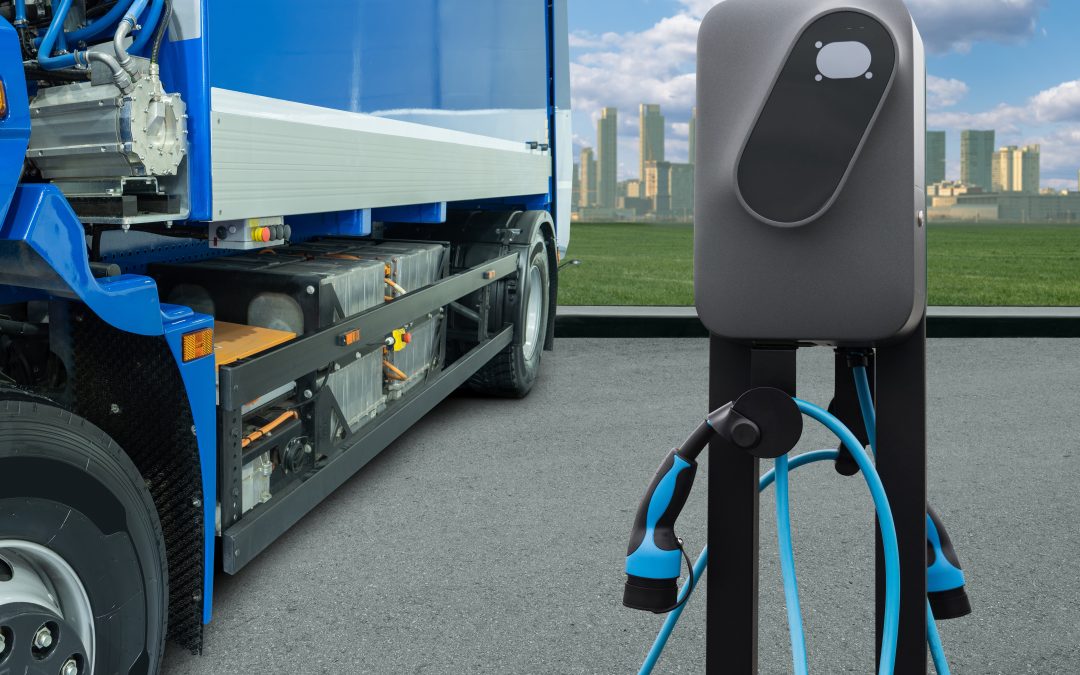
Department for Transport (DfT) has announced new policies to help make the rules more flexible for Category B license holders looking to drive Alternatively-Fuelled Vehicles (AFVs).
Category B licence holders in the UK are already permitted to drive alternatively-fuelled goods vans of up to 4.25 tonnes, rather than the usual 3.5 tonne entitlement*, as long as 5-hours of AFV training has been completed.
AFVs tend to be heavier than their ICE (internal combustion engine) equivalents, due to the weight of the powertrain and battery. So, giving the flexibility for Cat B licence holders to drive an AFV of up to 4.25-tonnes, means companies do not need to use drivers with category C or C1 licences. This could otherwise be a hurdle for those looking to adopt zero emissions vehicles (ZEVs) to achieve environmental targets, both in terms of cost and qualified driver availability.
However, DfT has also identified other areas that may be preventing greater adoption of AFVs. As a result, a consultation took place last year to find ways to optimise licence flexibility for AFV drivers. This has resulted in several new policies, which take into account the inputs of the companies and individuals that shared their views. Although, the policies will not be in force until new legislation has passed.
What are the new policies for AFV drivers?
- Types of fuels eligible for the flexibility – Only allow zero emission vehicles to access this licence flexibility, helping to meet the 2050 government net zero emissions target.
- Additional training requirement – The current 5-hour AFV training requirement will be removed, because drivers should be able to adopt a zero-emission van as easily as a petrol or diesel counterpart. Note that until the new policies have been passed by parliament, the current requirement for 5-hours of AFV training still stand (as does all other legislation and guidance).
- Types of vehicles eligible for the flexibility – DfT will expand the driving licence flexibility to all vehicle types, not just zero emissions goods vans.
- Towing allowances – ZEVs should be allowed to tow trailers, just as ICE vehicles do, up to a maximum combined vehicle and trailer weight of 7-tonnes. This will be subject to the same conditions as equivalent petrol and diesel vehicles and will reflect recent changes to B+E licence entitlements.
What happens now?
All the current rules relating to AFVs still apply. So, if you are delivering AFV training to help drivers meet their 5-hour requirement, you can continue to do so. There is not currently any agreed timeline for when the new policies will pass through parliament, but it is likely to be 2024 at the earliest.
The NRI team is in contact with DfT about these changes and will keep NRI Registered Instructors, Assessors and Approved Centres informed if there are any further updates. Until then, you may find it helpful to share these updates with your colleagues and with AFV and LGV/HGV driver or Instructor training candidates.
If you have any questions at all about these new policies and how it may affect you as an Instructor, training provider, or exam centre, please contact the NRI team for advice.
*Note that the current rules for Northern Ireland are different and are not affected by this announcement.
